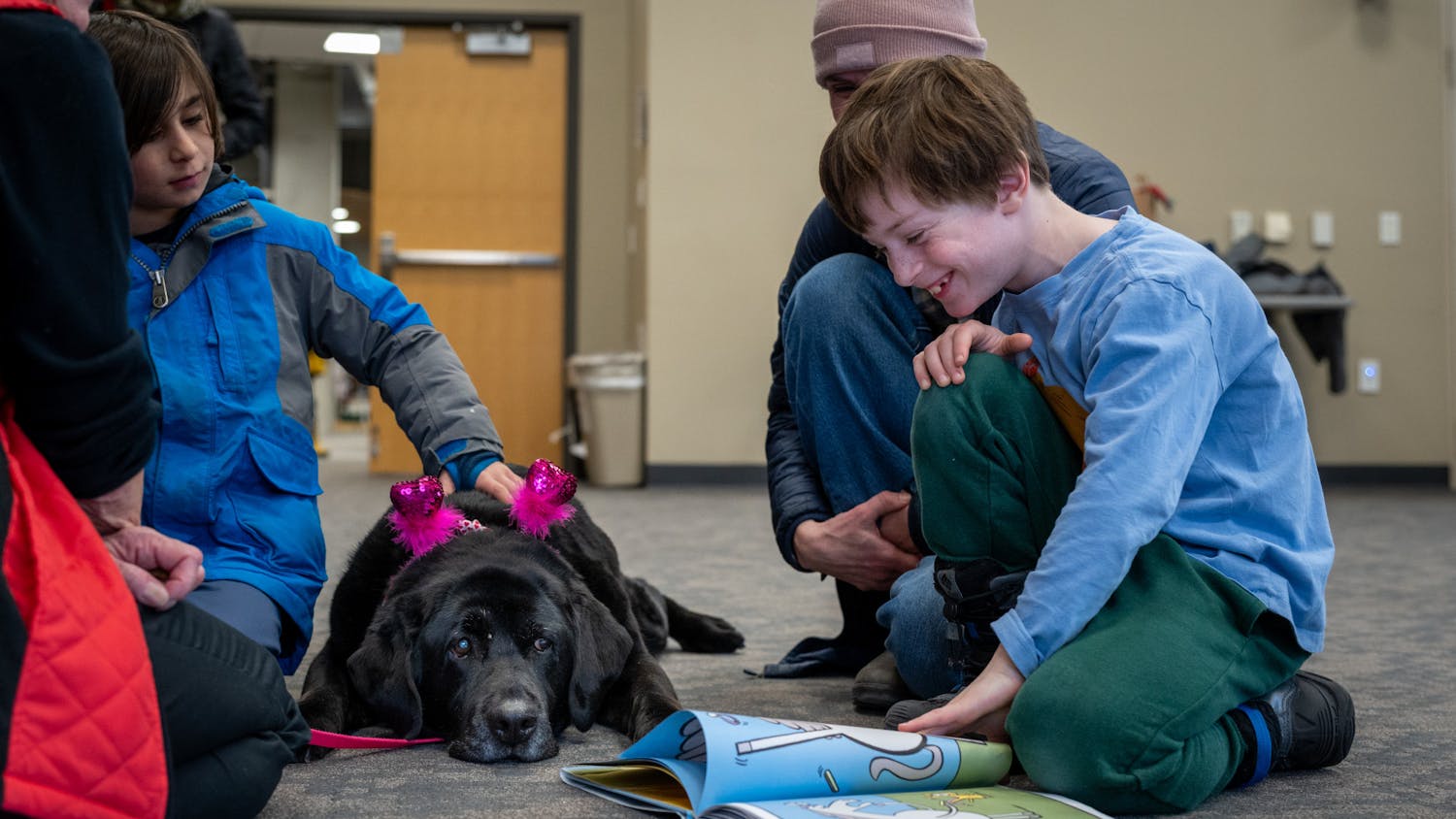Scientific research is the basis of our ever-evolving understanding of the universe. From the search for the Higgs boson particle in physics to the latest advancement in stem-cell research, science logically and progressively reveals the workings that were either never thought to be possible or were otherwise attributed to mythical sources.
Since the adoption of the Postulate of Objectivity and standardization of the scientific method, science and technology have fed off one another much like electric and magnetic fields feed off one another in an E/M wave. The Postulate of Objectivity is the sole assumption made in science and states that the ""universe follows rules that do not change, [allowing us to] learn them."" Therefore, to identify these rules, you must be able to repeat your results; the scientific method provides a thought process for the elucidation of such rules. If not for advances in the sciences, progression in technology would be mind-numbingly slow.
However, science is changing, and it is a necessary change. Now more than ever, collaboration is needed in the sciences. I am not talking about two academics in the same field of study working on a common problem; I am referring to the need for cross-field collaboration between the biological and physical sciences. Cross-field collaboration is required because our problems are becoming increasingly difficult.
Developing new fields of study for undergraduates could aid in promoting this much-needed collaboration. This technique is best exemplified in the establishment of MD/PhD programs. Such programs were established to remove the disconnect between researchers and physicians and to foster a collaborative atmosphere so that the most fundamental research can be honed to innovative medical technology in a process called translational research.
In fact, the UW campus has already adapted this mindset. Faculty and students are working to establish a new bioinformatics program with the long-term goal of breaking up the giant ""biology"" major into more specialized fields, including those that embrace the cross-field approach. A lack of training relatively early in a researcher's post-secondary education means that needed methods would not come into fruition and pertinent problems would not be solved. Perhaps if Chancellor Martin's Madison Initiative passes, it will further programs that more effectively prepare researchers of tomorrow for the challenges of today. In doing so, problems focused on improving the world's standard of life can be addressed.
For example, genetic disease and the inheritance of complex traits can now be completed with the sequencing and comparing of numerous genomes using bioinformatics. However, to be fully competent in such a field, one must possess an understanding of mathematical methods including a solid foundation in statistics as well as the biological or genetic background which ultimately drives the research and focuses the scientific question.
The heightening of efficient energy use can be improved through the search for room temperature superconductors, requiring expertise in both chemistry and physics. The harmony of studying electron flow, resistivity and the properties of metals at the atomic level are key to identifying the material which would decrease energy costs almost overnight.
Synthetic biology capitalizes on the interdependency of biology, chemistry and engineering to examine problems from a systems approach, making a single complex problem into multiple problems that are easier to solve. On campus, interested undergraduates are currently recieving training in this field early in their collegiate careers. The UW-Madison International Genetically Engineered Machine (iGEM) Competition team take novel and collaborative approaches each year to address problems ranging from regulating the formation of scar tissue after a heart attack through artificially engineered proteins to improving the efficiency of biofuel synthesis through bacterial pathways.
Without a proper understanding of each topic or a willingness to collaborate with individuals who possess different skills, researchers will fail in truly addressing the question at hand, or will simply make incorrect inferences. The publication of these incorrect conclusions is the cause of delay and confusion in solving current questions in the sciences. Therefore, modern researchers will only be able to address the challenges of our generation once cross-field collaboration and the accompanying new frame of postulating are adopted.
Sean McMaster is a junior majoring in biochemistry and mathematics. Please send responses to opinion@dailycardinal.com.





